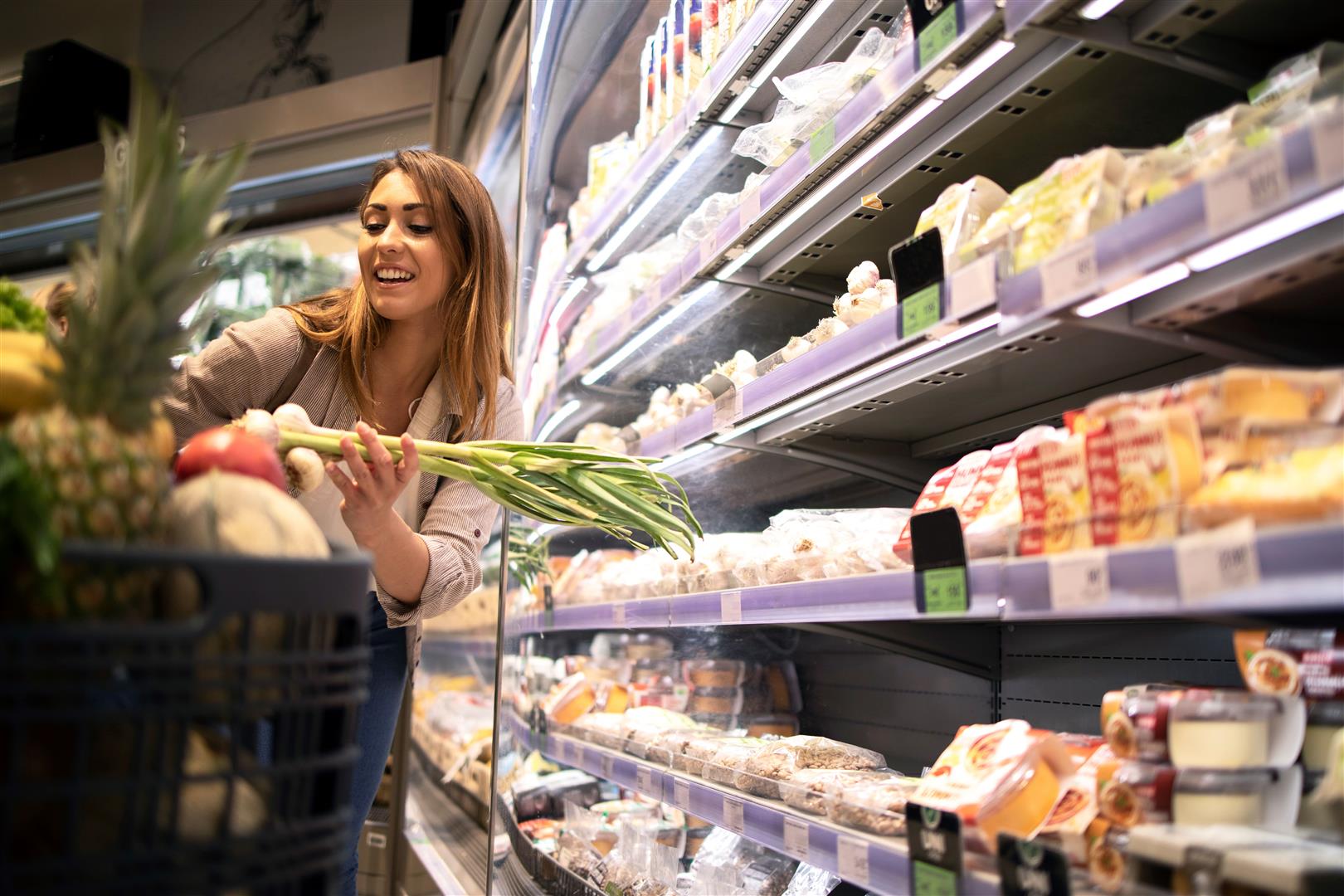
Guidelines for driving the Thai food industry with the BCG model must take into account environmental factors, the current situation, and the situations that could possibly occur in the future, expected or not. They can be summarized in an overview, as follows:
1. To create food security for the country, along with creating stability for human resources on the basis of sustainable production. Although Thailand easily has the potential to produce enough food for the people of the country, food security is an issue that needs to be dealt with effectively so that people have access to food any time they need it, and the food must be of good quality and come from sustainable and environmentally friendly production processes;
2. To expand food exports, both by increasing the number of existing markets and by expanding into new markets internationally. It will be necessary to study the needs and wants of consumers in each area, including the design of food or packaging, through a specialized agency that is established to discover in-depth information;
3. To promote collaboration between the private sector and those involved in the food industry, finding ways to adapt to international regulations with necessary modifications, most of which are related to the environment, human security, and sustainable development;
4. To make food in different groups that meet both local and international standards for quality and safety, for the safety of consumers and the expansion of the food distribution market. A standard is a key factor in controlling food quality and safety, resulting in confidence to purchase products;
5. To build a global Thai food brand by creating a global brand for Thai food, or a global cuisine brand, to make Thai food recognized at the global level. Another step is to develop Thai products into premium products, to create a selling point for Thai food.
Source: National Science and Technology Development Agency (NSTDA)
Tel:+66 (0) 2-564-7000